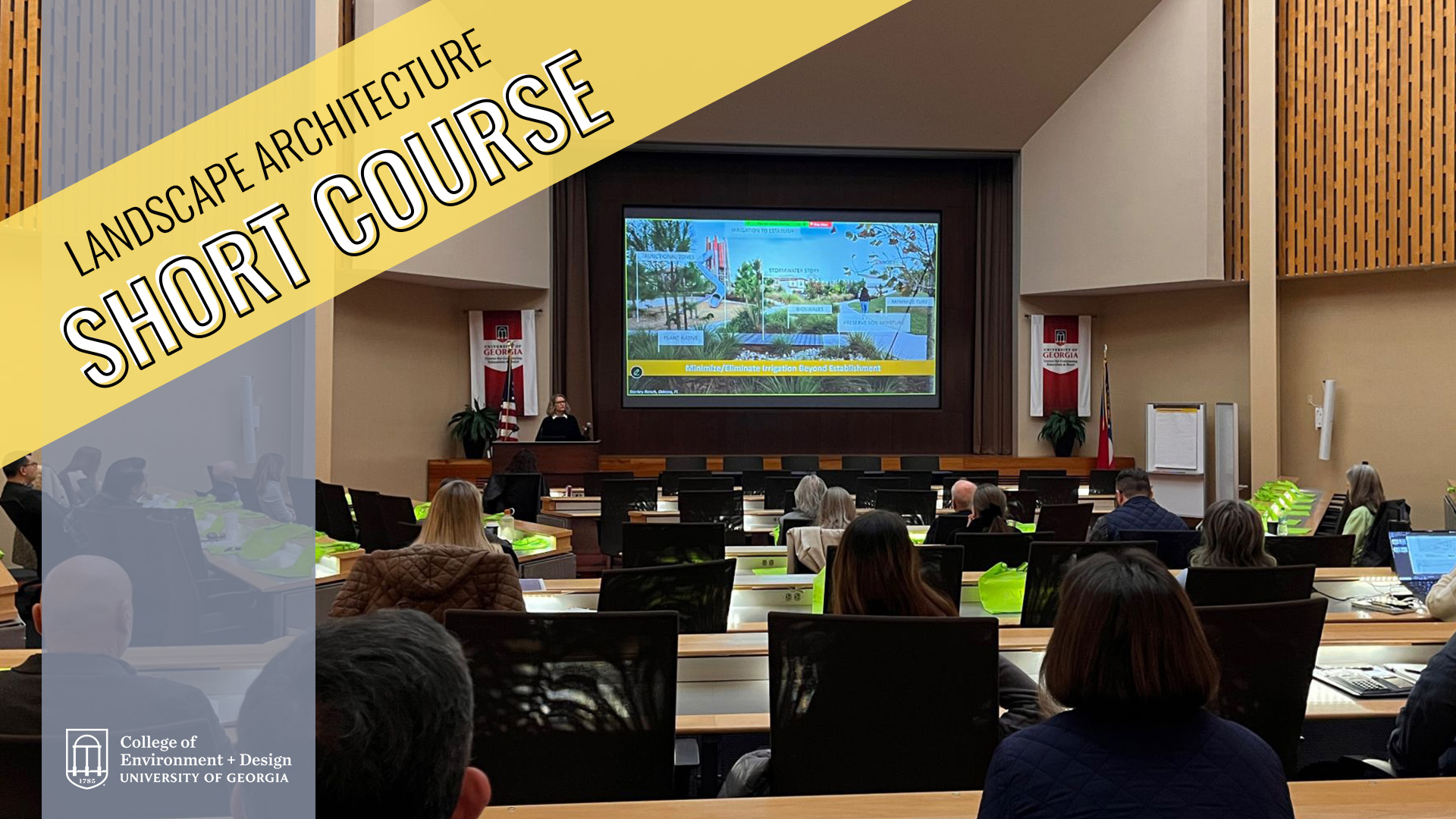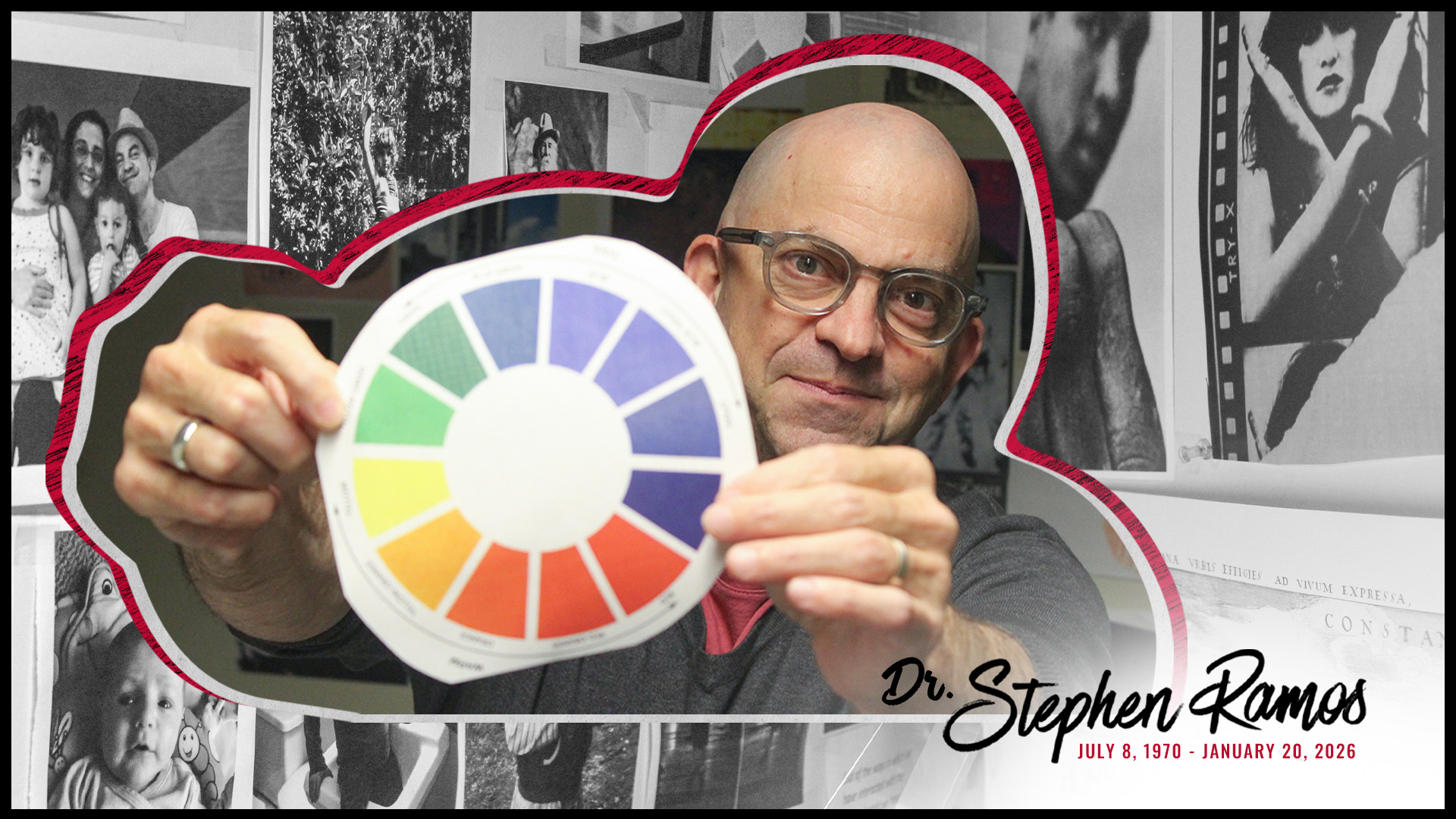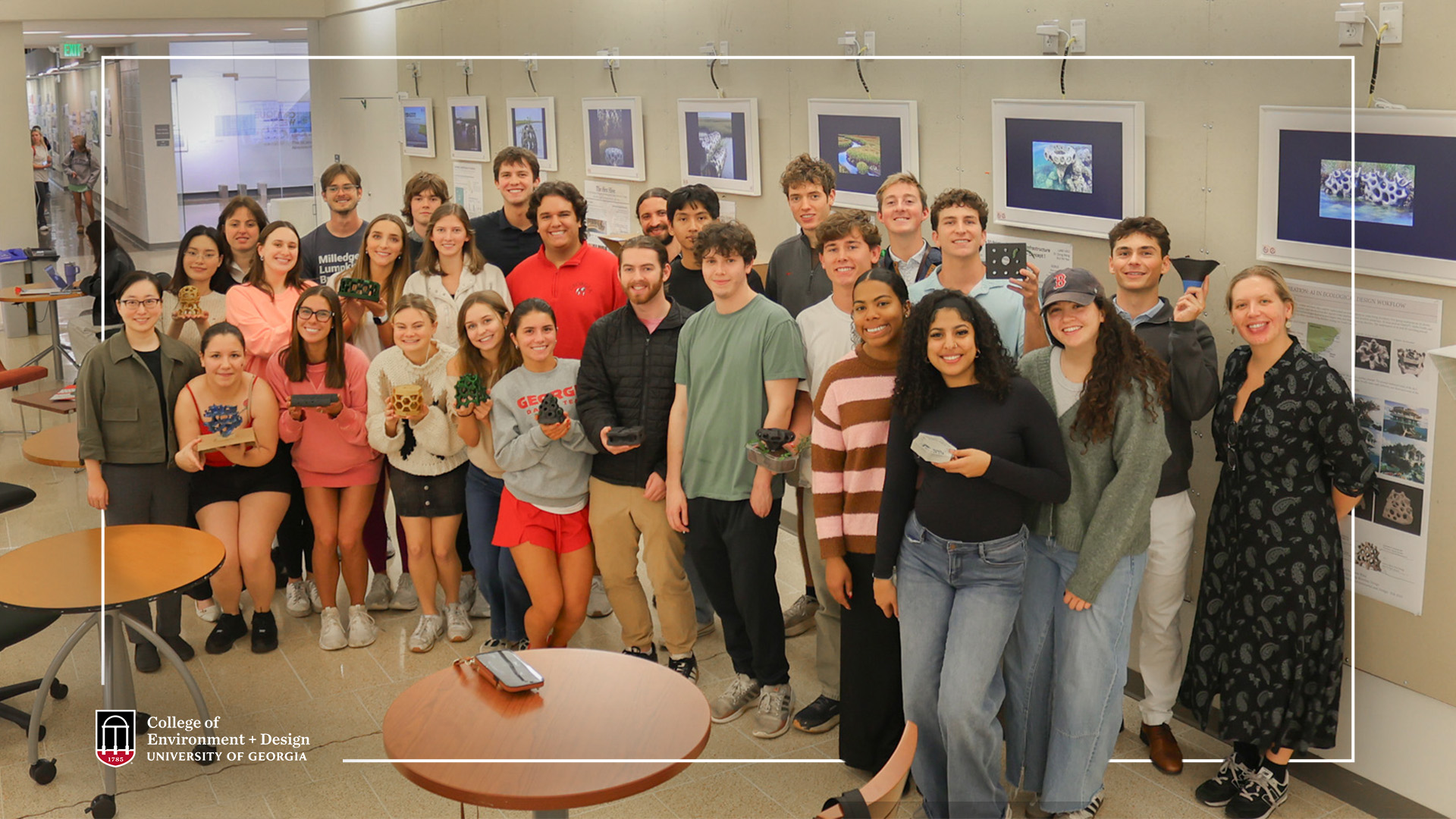Who We Are
The Environmental Ethics Certificate Program (EECP) is an interdisciplinary program that prepares students to synthesize ideas from a wide variety of perspectives to solve complex environmental problems, both in theory and in practice. It is the first certificate of its type in the United States, established by Eugene Odum and Frederick Ferré in 1983.
The program emphasizes environmental leadership and the knowledge, skills, values, and competence necessary to address environmental issues in interdisciplinary and collaborative ways. The program provides a forum where philosophers, scientists, and people from all other disciplines can discuss social and scientific responsibilities toward our environment in a rational manner that clearly defines problems, considers all the information, and maintains our values.
Required courses include a core course in ecology and philosophy, an environmental ethics seminar, and a capstone independent research project. Through elective courses, students explore other facets of environmental ethics, such as environmental justice, aesthetics, perceptions of nature, animal rights, ecofeminism, environmental economics, sustainable design, and environmental policy.
The Environmental Ethics Certificate will complement any area of study. Alumni of the EECP have gone on to successful careers in business, landscape architecture, academia, environmental advocacy, planning, and more.
EECP Emblem
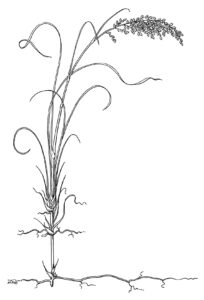 The endangered plant, sea oats (Uniola paniculata), is primarily responsible for the stability of the dunes on Georgia’s barrier islands. Without sea oats, the barrier islands would soon be destroyed by the ocean. Sea oats exhibit the beauty of form and function characteristic of nature; consciousness of such a value in nature is one basis of environmental ethics. This illustration of sea oats, by Allen Rowell, is the official emblem of the EECP.
The endangered plant, sea oats (Uniola paniculata), is primarily responsible for the stability of the dunes on Georgia’s barrier islands. Without sea oats, the barrier islands would soon be destroyed by the ocean. Sea oats exhibit the beauty of form and function characteristic of nature; consciousness of such a value in nature is one basis of environmental ethics. This illustration of sea oats, by Allen Rowell, is the official emblem of the EECP.


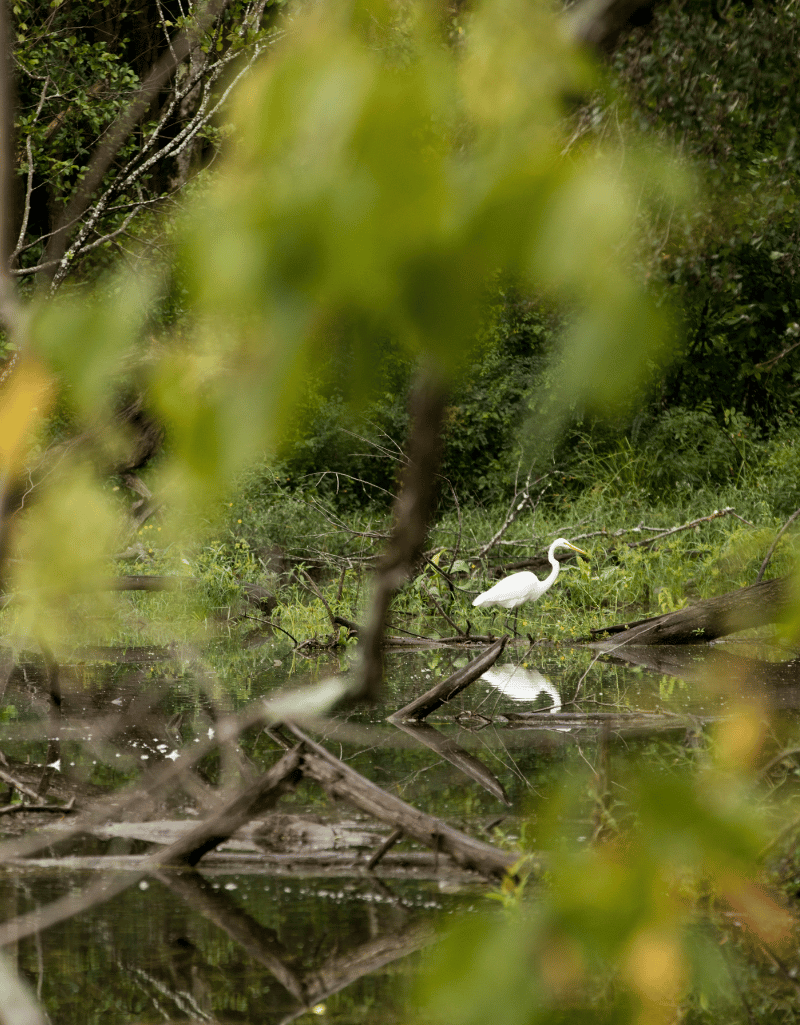
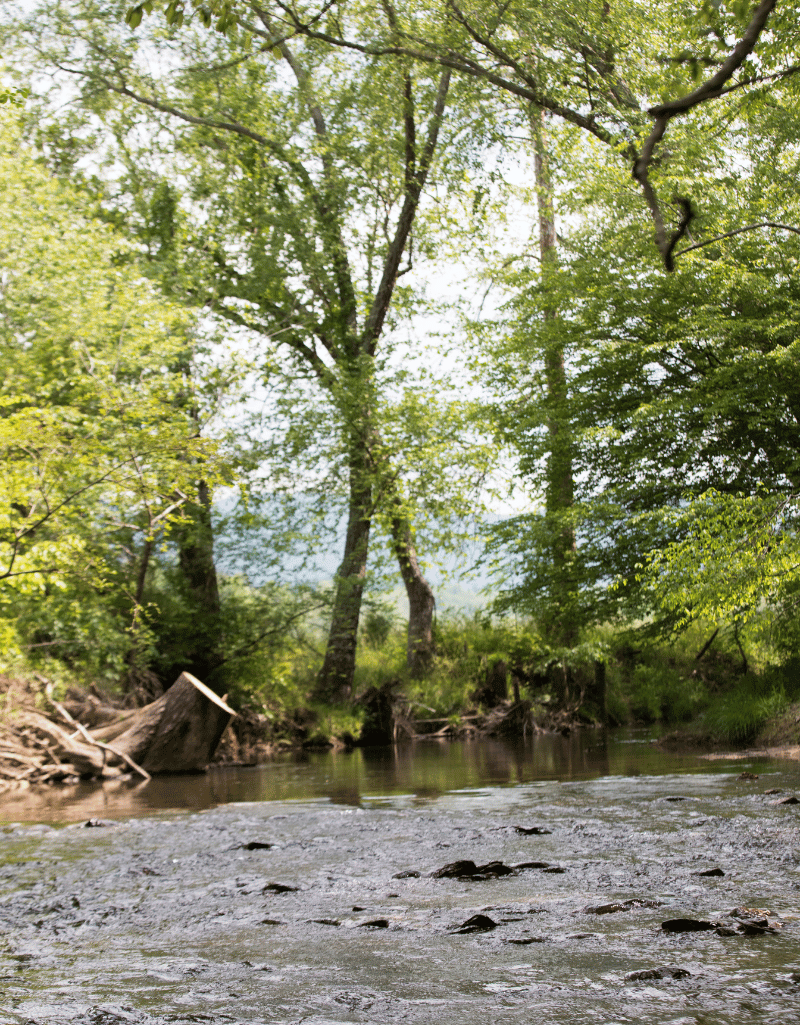
 The Margaret S. Kleiner Graduate Fellowship Fund provides support for an outstanding graduate student pursuing the Environmental Ethics certificate. Income from the fund may be used for tuition, living expenses, and other special expenses incurred in the course of graduate study.
The Margaret S. Kleiner Graduate Fellowship Fund provides support for an outstanding graduate student pursuing the Environmental Ethics certificate. Income from the fund may be used for tuition, living expenses, and other special expenses incurred in the course of graduate study.
